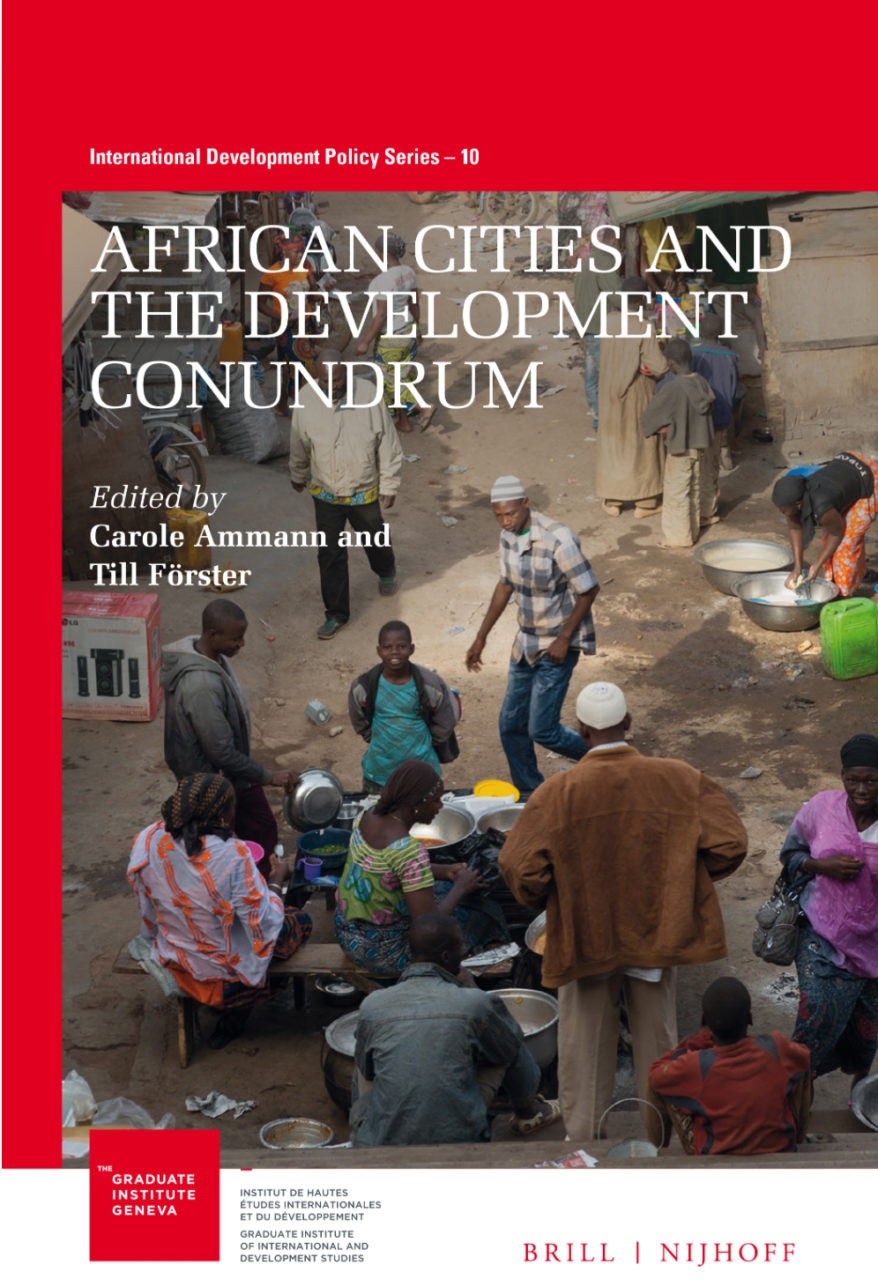
Sascha Delz
2018
More about this chapter (journal issue 10/2018)
More about the publication
Addressing Contextual and Spatial Indifference in Design, Urban Planning and International Cooperation: A Case Study from Ethiopia
This chapter draws from the author’s research on recent urbanisation processes in Ethiopia’s capital, Addis Ababa, and its hinterland. It addresses two aspects that are often neglected but crucial when discussing how to adequately address urbanisation along economic development and structural transformation lines: the importance of contextual differences, and the impact of spatial formation.
Along these lines, two observations are highlighted: first, that there is an obvious need for new concepts of urbanisation that are driven by, and appropriate for, African contexts; and second, that it is fundamental to reconsider the role of space for economic development and structural change. Addressing these issues, the author argues for a move away from simplistic and abstract models of transition – which have substantially influenced the outcomes of development policies, international development cooperation and spatial practices – and for the exploration of more integrative, contextually informed models of transformation. Using an example of road construction in Ethiopia’s capital Addis Ababa, the chapter firstly addresses particular issues related to policies of transition, and secondly, outlines an alternative approach that could address the complex challenges of economic, social and spatial transformation in a more integrative, contextually relevant manner. Suggesting a more open, spatially conscious stance (i.e. dialogic design and planning) and a more collectively conceived planning process (i.e. collective ground), the chapter thus advocates that when dealing with the complex challenges of everyday spaces for urban dwellers, future urban development policies should rather enable a multitude of contextually adequate and integrative proposals than promote a restrained catalogue of universally applied solutions.
In: African Cities and the Development Conundrum, p. 188-212. International Development Policy, 10.